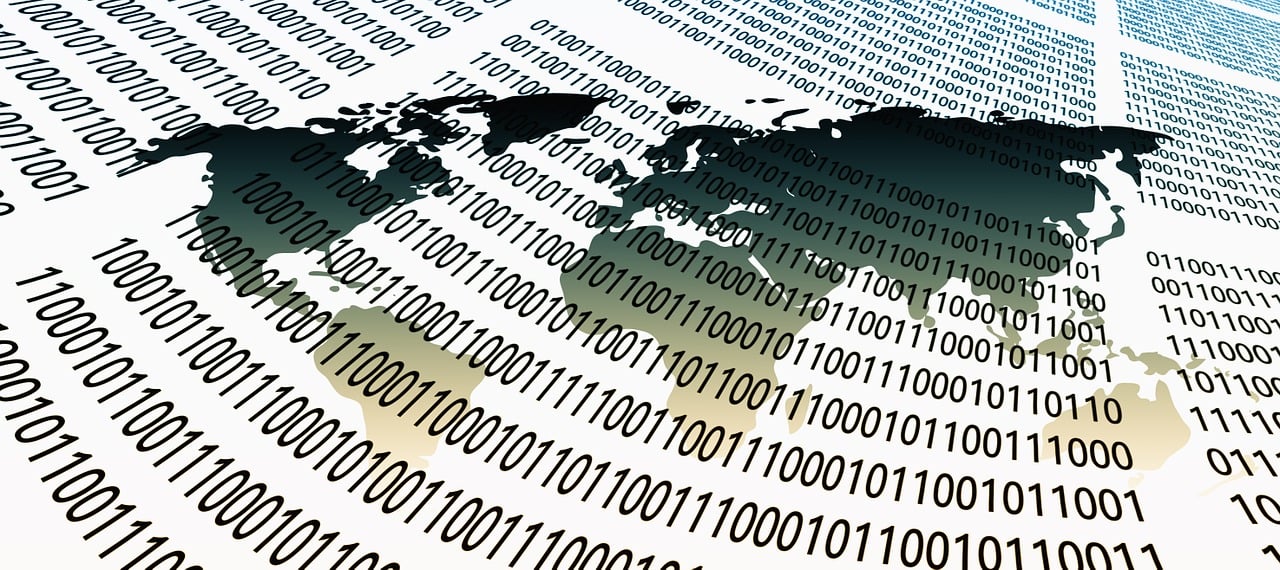
Analyzing the Impact of Philippine China Policies on Local Politics and Economy
The diplomatic relationship between the Philippines and China has been a topic of significant interest and complexity. As two of the major countries in Asia, their interactions have profound implications for regional stability, economic growth, and political dynamics. This article will delve into the intricacies of Philippine China policies, examining their effects on local politics and the economy. By understanding these impacts, we can better grasp the broader geopolitical landscape in Southeast Asia.
Historical Context of Philippine-China Relations
The relationship between the Philippines and China is deeply rooted in history, with interactions dating back centuries. The historical connections have evolved from ancient trade routes to modern diplomatic engagements. The most recent phase of this relationship began in earnest after the establishment of diplomatic relations on June 9, 1975. Since then, various administrations in the Philippines have approached China with differing strategies, influenced by both domestic and international pressures.
Under the presidency of Rodrigo Duterte, the Philippines adopted a notably conciliatory stance towards China, especially regarding the contentious South China Sea disputes. This pivot was a departure from the previous administration’s more adversarial approach and has had significant implications for both nations. Duterte’s policies emphasized economic cooperation, drawing flak and praise from different sectors within the Philippines.
The Economic Dimension: Trade and Investment
China’s influence on the Philippine economy is multifaceted, encompassing trade, investments, and development aid. China is one of the Philippines’ largest trading partners, with bilateral trade reaching unprecedented levels in recent years. The influx of Chinese goods and capital has been a double-edged sword, providing opportunities for growth while raising concerns about economic dependency.

Chinese investments in infrastructure, particularly under the Build, Build, Build program, have been welcomed by many as a much-needed boost to the country’s economic development. Projects such as the construction of bridges, railways, and airports are expected to enhance connectivity and stimulate local economies. However, critics argue that these investments come with strings attached, potentially compromising national sovereignty and economic independence.
In the tourism sector, China is a major source of visitors to the Philippines, significantly contributing to the local economy. The influx of Chinese tourists has led to the growth of businesses catering specifically to this demographic, thereby creating jobs and stimulating related industries.
Political Repercussions: Sovereignty and Diplomacy
The South China Sea dispute remains a contentious issue in Philippine-China relations. While the Duterte administration downplayed the Philippines’ legal victory in the Permanent Court of Arbitration in favor of economic engagement, this approach has sparked debate within the country. Critics argue that this stance undermines the Philippines’ territorial claims and weakens its position in future negotiations.
On the domestic front, the approach towards China has led to a polarized political climate. Some political factions advocate for a tougher stance on China, emphasizing national sovereignty and the protection of maritime rights. Others support the current engagement policy, citing economic benefits as a priority. This division has influenced election campaigns and policy decisions, reflecting the broader debate on how best to balance national interests with international diplomacy.

The relationship with China also affects the Philippines’ alliances with other countries, notably the United States. As the Philippines navigates its diplomatic course, it must balance its ties with China and its longstanding alliance with the US. This balancing act is crucial, given the strategic interests of these major powers in the Asia-Pacific region.
Social and Cultural Impacts
Beyond politics and economics, Philippine-China relations have sociocultural implications. The growing Chinese presence in the Philippines, through both tourism and migration, has led to an increased cultural exchange. This interaction has the potential to foster mutual understanding and cooperation at the grassroots level.
However, it also presents challenges, such as cultural tensions and issues of integration. The rising number of Chinese workers in the Philippines has been a point of contention, with some locals feeling that job opportunities are being taken away. This sentiment is further complicated by incidents of illegal Chinese workers, which have prompted calls for stricter immigration enforcement.
The Role of ASEAN and Regional Cooperation
As a member of the Association of Southeast Asian Nations (ASEAN), the Philippines participates in regional efforts to manage relations with China. ASEAN plays a critical role in facilitating dialogue and promoting cooperation among its members and China, particularly in the context of the South China Sea disputes.
The Philippines’ China policy is thus not only a domestic concern but also a regional one. By engaging in multilateral forums, the country can leverage collective ASEAN influence to negotiate more favorable terms with China. This approach underscores the importance of regional unity and collaboration in addressing common challenges.
Future Prospects and Challenges

The future of Philippine-China relations is contingent on a variety of factors, including changes in leadership, shifts in regional power dynamics, and evolving economic conditions. As the global landscape continues to change, the Philippines will need to adapt its policies to safeguard its national interests while maintaining constructive engagement with China.
One of the key challenges will be managing the economic relationship without becoming overly dependent on Chinese investments and aid. Diversifying trade partnerships and strengthening domestic industries will be vital in achieving sustainable economic growth. Additionally, the Philippines must continue to assert its territorial rights while pursuing diplomatic solutions to disputes.
Moreover, addressing the sociocultural impacts of the relationship will require policies that promote inclusivity and cultural integration. Fostering a society that is open to diversity while protecting local interests is essential for long-term harmony.
Takeaways
The impact of Philippine China policies on local politics and the economy is profound and multifaceted. While the economic benefits are significant, they come with political and social challenges that require careful navigation. As the Philippines continues to engage with China, it must balance economic aspirations with sovereignty concerns, regional cooperation, and domestic interests.
Ultimately, the success of Philippine China policies will depend on the ability of its leaders to craft strategies that are both pragmatic and visionary. By learning from past experiences and anticipating future trends, the Philippines can position itself as a resilient and proactive player in the regional and global arena.
Strategic Recommendations for Future Engagement

Strategizing future engagements with China requires a multi-dimensional approach that considers economic opportunities, political alliances, and social impacts. Here are some recommendations that could guide the Philippines in crafting a balanced China policy:
- Strengthening Economic Independence: While leveraging Chinese investments, the Philippines should simultaneously enhance its domestic industries. Policies aimed at improving local manufacturing, agriculture, and services can reduce reliance on foreign capital. Additionally, diversifying trade partners beyond China will mitigate risks associated with economic dependency.
- Enhancing Diplomatic Negotiations: The Philippines must continue to assert its rights in international forums. Engaging in constructive dialogue with China and other regional players through ASEAN and other multilateral platforms can help address territorial disputes while avoiding escalation.
- Promoting Cultural Integration: Programs that encourage cultural exchange and understanding between Filipinos and Chinese can alleviate tensions. Educational initiatives and community engagement activities that highlight shared values and foster mutual respect can pave the way for harmonious coexistence.
- Balancing Alliances: Maintaining a balanced foreign policy requires strategic partnerships with both China and traditional allies like the United States. By positioning itself as a bridge between major powers, the Philippines can enhance its geopolitical relevance and safeguard its national interests.
- Investing in Technology and Innovation: To remain competitive, the Philippines should invest in technology and innovation. Collaborations in the tech sector with global leaders, including China, can drive economic growth and create high-value jobs.
Public Perception and Policy Feedback
Public perception plays a critical role in shaping policy directions. Understanding how the public views the relationship with China can provide valuable insights for policymakers. Surveys and public consultations can gauge the sentiment of various sectors, ensuring that policies reflect the will of the people.

The media also plays a pivotal role in shaping public opinion. By ensuring accurate and balanced reporting on China-related issues, the media can contribute to informed public discourse. Government transparency and communication are equally important in building trust and reducing misinformation.
Learning from Regional Neighbors
Several Southeast Asian countries have faced similar challenges in their relationships with China. By studying the experiences of neighbors such as Vietnam, Malaysia, and Indonesia, the Philippines can glean lessons on managing complex diplomatic and economic relations.
For instance, Vietnam has taken a firm stance on its territorial claims while simultaneously engaging China economically. Malaysia has pursued a pragmatic approach, prioritizing economic interests while addressing sovereignty concerns. These examples illustrate the diverse strategies available to the Philippines as it navigates its own path.
Conclusion: A Path Forward
The evolution of Philippine China policies will continue to shape the nation’s future. By adopting a nuanced and strategic approach, the Philippines can harness the benefits of its relationship with China while safeguarding its sovereignty and promoting domestic welfare. The key lies in balance—balancing economic growth with independence, diplomacy with firmness, and integration with cultural preservation.
As the global landscape evolves, the Philippines’ ability to adapt and thrive will depend on the foresight of its leaders and the resilience of its people. By remaining vigilant and proactive, the nation can navigate the complexities of international relations and emerge stronger in the face of challenges.
Ultimately, the future rests on the choices made today. By embracing both opportunities and responsibilities, the Philippines can forge a path that honors its past, addresses its present, and secures its future in the global community.



